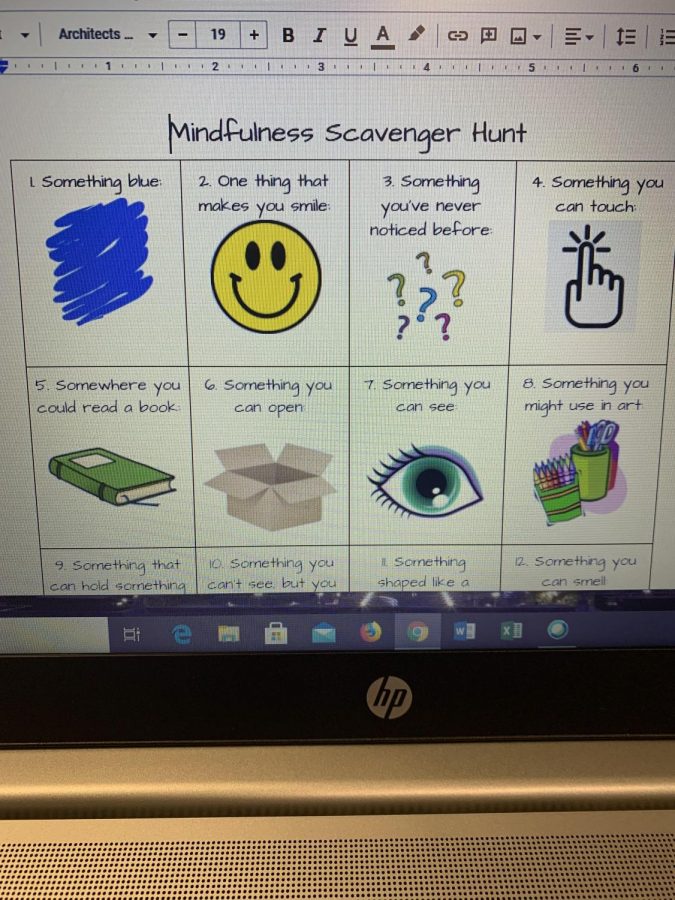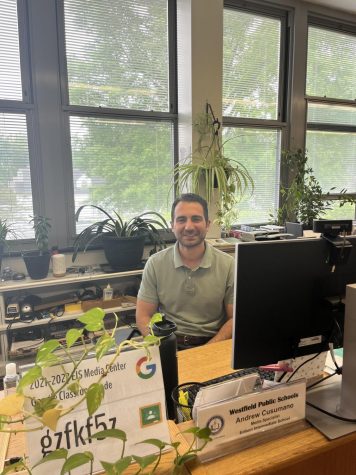Advisory achieves the accepting atmosphere
Does Edison Intermediate School (EIS) need to make some changes to their very own advisory program? Advisory is part of the curriculum at EIS centralized around Social Emotional Learning (SEL) topics. Over the past couple years, some students have questioned the legitimacy of the advisory program at EIS, querying the current purpose of the system. However, their stance doesn’t remain unchallenged with many officials pointing out the advantage that results from this structure that only appears mundane at face value.
Specifically, seventh grader Andrew Lisnock seemed unimpressed with the advisory system. In fact, Andrew stated, “I’d rather have a normal lunch study period.”
However, Principal Matthew Bolton believes that good or bad, people remember advisory as a big part of their middle school experience that may have helped them through these rough years as teenagers. Dr. Bolton commented, “I think some lessons were successful even though kids thought they were boring. The fact that kids remembered these lessons years later is significant.”
But will kids remember advisory when the schedule seems so sporadic? One of the main concerns students have is that advisory was constantly interrupted by other events like Mix-It-Up Day. Adding events and changes like this turn what is supposed to be a peaceful experience into a stressful and climactic day. On the topic of the advisory schedule, eighth grader Kevin Scatigno disclosed, “I don’t know what the schedule is; I just know when we’re told to go in.”
To top it off, the worldwide pandemic has only brought more problems to the system. One change this year was that instead of holding advisory during homeroom, classes now meet during lunch study. On top of that, students learning from home still have to join advisory meetings online which can be hard to remember for many students. Obviously, this has been straining for many staff members as a teacher confirmed, “It’s more of a challenge this year.”
Eighth grade counselor Kerri Webster gave reason for the irregular agenda when she explained that the school’s needs are constantly fluctuating as well. Mrs. Webster explained, “I think advisory has certainly evolved, and every year we make improvements to fit the ideals of the school. It’s supposed to be once a month during first period. My goal would be for it to be more frequent, though.”
Finally, students also felt that advisory was more about messing around and playing games, rather than building up their confidence with SEL related issues and activities. Yet, for some pupils these small, “goofy” undertakings can be exactly what they need to feel accepted in a group. Kevin Scatigno decided, “In advisory we don’t really do anything but play games. But it’s a good thing for some people.”
Officials state that this fun atmosphere is essential to help kids open up and feel comfortable. Dr. Bolton summarized, “It’s important to balance doing both fun and games and teaching students about topics like SEL.”
In general, advisory really does serve a purpose in creating a healthy, sustainable environment for students. Surprisingly, this time the burden falls onto the students and not the teachers to sustain a comfortable meeting place for their peers. It is essential that kids show an alacrity for advisory not just for themselves, but for the students around them as well.







Mrs. Boutsikaris • May 4, 2021 at 10:13 am
I loved reading your article Liam. I agree that it has been difficult this year to do advisory. 🙂
Jessica Ciampa • May 3, 2021 at 4:23 pm
This is a detailed, powerful article with great perspectives! I fully agree with your claim at the end of the article: we all need to see the power in advisory! Great work!